Radar Healthcare News and Blogs
Stay informed with the latest updates and expert insights from Radar Healthcare, your go-to source for trends, challenges, and innovations in health and social care. Explore our news and blogs for in-depth articles, industry commentary, and updates on our latest features and products.
-

News
Insights from the Care Show Birmingham 2024
The Care Show 2024 gathered industry experts to explore the future of health and social care. Key sessions focused on improving care quality, technology innovations, and addressing sector needs. Topics included AI, sustainability, and regulatory changes. Here’s a summary of key takeaways from the event.
Read more -

News
The Leaders in Care Awards 2024!
The Leaders in Care Awards is a fantastic opportunity to bring the care community together and celebrate the achievements and hard work of the sector, care providers and professionals, and suppliers across the UK – and to be a part of this event for a fourth year is something we’re extremely proud of.
Read more -

News
Mastering Ofsted Regulations 40 and 45 within Children’s Residential Services with Radar Healthcare
This blog explores how Radar Healthcare simplifies compliance with Ofsted Regulations 40 and 45 for Children's Residential Services, streamlining incident reporting and care quality evaluation to ensure high standards of care.
Read more -

Blog
HSJ Patient Safety Congress 2024: A Focus on People, Tech, and Safety Culture
As the headline sponsor of this year's Health Service Journal (HSJ) Patient Safety Congress, we at Radar Healthcare were thrilled to be a part of so many insightful discussions and powerful sessions. From exhibiting to hosting private events and leading sessions, we were immersed in key themes that shaped the two days...
Read more -
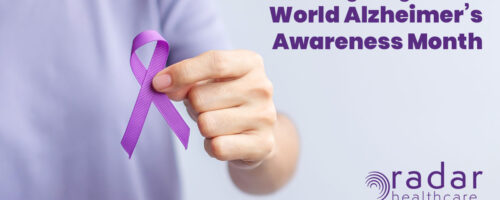
Blog
Shining a light on World Alzheimer’s Awareness Month 2024
September marks World Alzheimer’s Awareness Month, a global campaign dedicated to raising awareness about Alzheimer’s disease and dementia. The campaign reaches its peak on World Alzheimer’s Day on 21st September. The theme for 2024 is "Time to Act on Dementia, Time to Act on Alzheimer’s,
Read more -
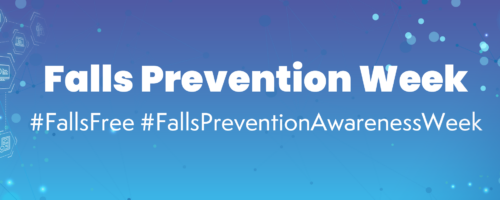
Blog
Falls Prevention Awareness Week 2024: Embracing Digital Innovation
Falls Prevention Awareness Week (September 23rd-27th, 2024) serves as an annual reminder of the urgent need to address falls in healthcare settings, particularly within hospitals. Recognising the significance of fall prevention is paramount, as falls rank as the leading cause of emergency admissions for individuals aged 65 and above, with 30% experiencing at least one fall each year.
Read more -
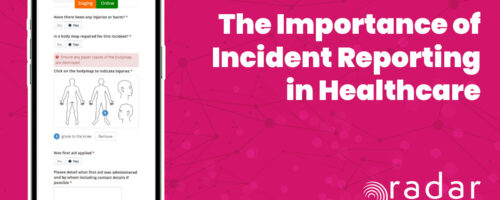
Blog
The Importance of Incident Reporting in Healthcare
Incident reporting in healthcare is essential for enhancing patient safety, promoting transparency, and driving continuous improvement. This article explores the importance of not only reporting incidents but also learning from excellence, highlighting how Radar Healthcare's software supports comprehensive incident management, positive feedback, and actionable follow-ups.
Read more -
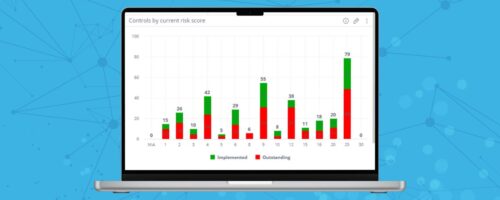
News
Introducing Radar Healthcare’s Enhanced Risk Register: Features and Benefits
Effective risk management is crucial for ensuring patient safety and maintaining high standards of care. To shed light on our latest advancements in this field, we spoke with Ellie Jordan, the Account Director and project lead for Radar Healthcare's Enhanced Risk Registe
Read more -
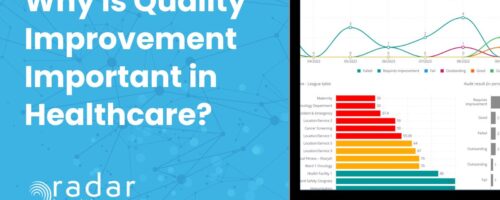
Blog
Why Is Quality Improvement Important in Healthcare?
Quality improvement in healthcare isn’t just a buzzword; it’s a crucial aspect that directly impacts patient outcomes, resident care, safety, and overall healthcare delivery. As healthcare systems evolve, the need for continuous improvement has never been more crucial.
Read more -
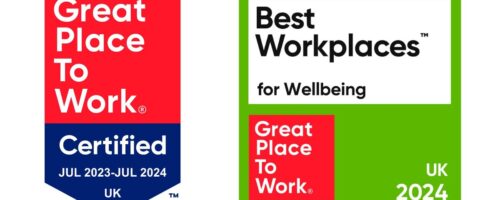
News
Radar Healthcare is a Great Place to Work!
We have an extremely passionate and dedicated team who are committed to helping our partners make a real difference – and being awarded the Great Place to Work certification is a reflection of the culture we have nurtured over the past 10 years!
Read more -
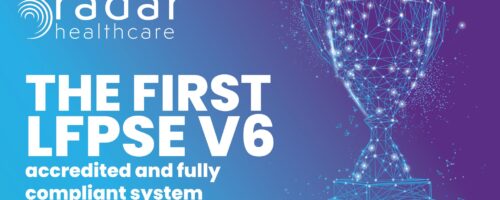
News
Pioneering Patient Safety: Radar Healthcare achieves LFPSE V6 Accreditation
Join us in this insightful Q&A session with Jack Forshaw, Project Manager Lead and LFPSE Champion at Radar Healthcare. Jack shares the news that Radar Healthcare achieves LFPSE V6 accreditation, becoming the first approved LFPSE testing supplier by NHS England in the healthcare sector.
Read more -

Blog
What is the LFPSE V6 Taxonomy? Everything you need to know
In this blog, we'll cover everything you need to know about LFPSE V6: what it is, its importance, best practices, and more.
Read more






